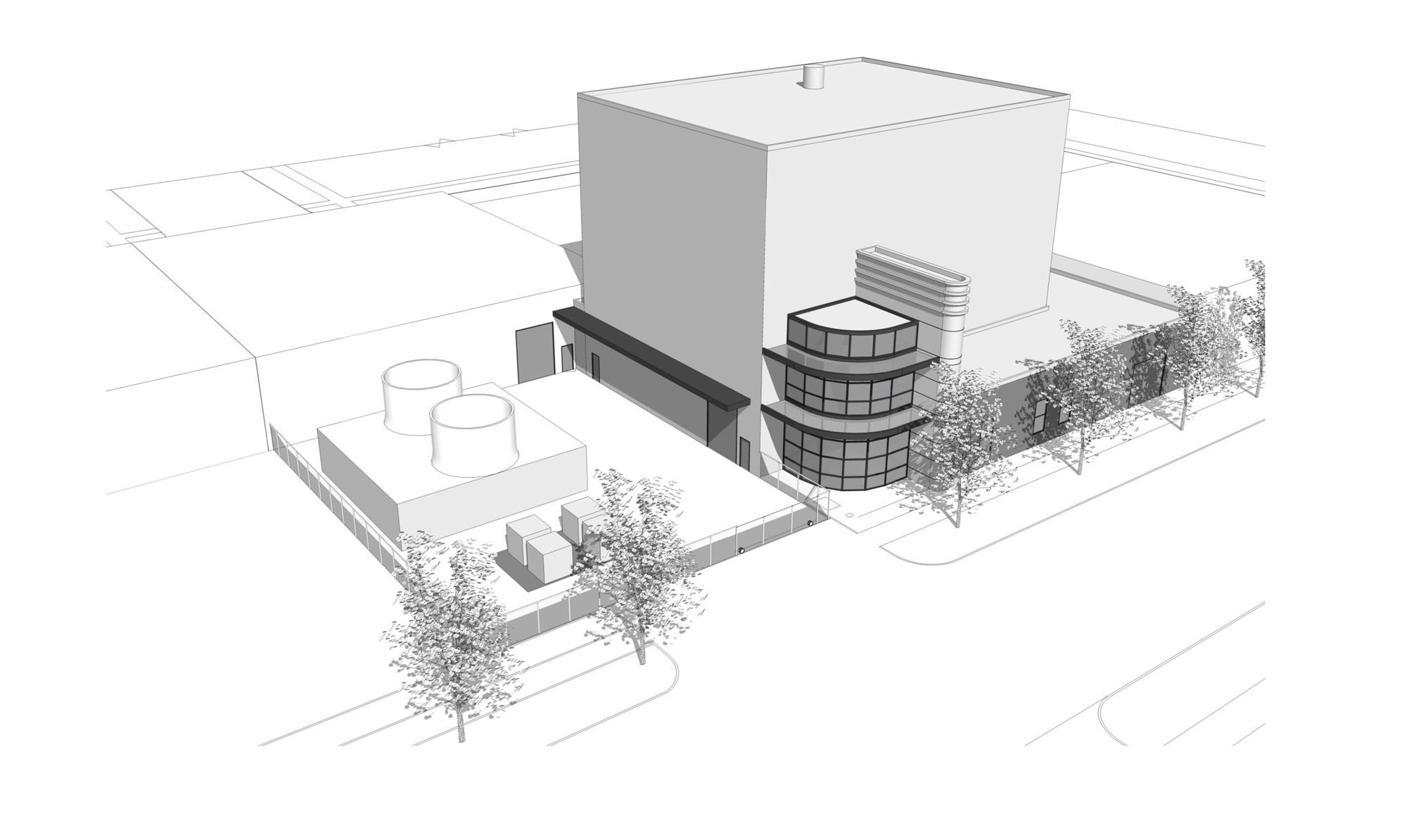The question of whether a biomass plant can be built in downtown Vancouver was one that the project’s proponents, Clark County and its private partner, and the project’s opponent, the city of Vancouver, argued late into Wednesday night.
The city denied an application by the county and the proposed operator of the biomass plant, Schneider Electric, last month. The county appealed the decision to Hearings Examiner Sharon Rice, an attorney from Shoreline.
Rice heard arguments Wednesday from both sides about whether the electricity generating plant is an allowed use at the county’s proposed location, at West 11th and Harney streets.
A decision is expected within two weeks but could take longer. Rice’s decision could be appealed to Clark County Superior Court.
The biomass boiler system would provide central heating, cooling and domestic water heating for five county buildings: the Public Service Center, courthouse, jail, 911 center and the juvenile courthouse.
The county contended that biomass — a mix of woody debris from logging — is a waste-related use and said it was allowed at the location, which is zoned for city center commercial use, with a light industrial use overlay. It pointed to studies that showed emissions and traffic would be similar to others located in the same light-industrial zone.
But the city countered that biomass was more of a heavy-industrial use. Furthermore, it argued, city code states the light-industrial overlay where the biomass plant would be built was put there to encourage a “harmonious” transition from industrial use to more “compatible” development for the city’s downtown.
The hearing, which began at 6 p.m., was still going as of 10 p.m. Wednesday.
Schneider, a global company with headquarters in France, would build, finance and operate the plant, with no financial support from taxpayers. It would also lease the property from the county, which is expected to bring $1.5 million over 20 years.
Schneider would sell excess power, expected to be up to 4 megawatts.
According to a Sept. 15 county update on the project, Schneider has surveyed potential purchasers and expects to begin negotiations.
Existing power lines have adequate capacity to carry the energy load, and the Bonneville Power Administration has supported the project, according to the update.
Last year, county commissioners abandoned a plan to build a 20-megawatt biomass power plant on the site of a former plywood mill in Chelatchie Prairie.
Oct. 9 meeting
People who live in west Vancouver are rallying to stop the project.
Vancouver’s Esther Short and Hough Neighborhood Associations have voted to oppose the plant, raising concerns about emissions, pollution near residences and truck traffic.
This week, Dave Wietzel, president of the Frontier Block Condo Association at the West Coast Bank Building, issued a statement outlining similar concerns.
“We bought our homes because of the exciting changes taking place in downtown. A power-generating plant in the neighborhood contradicts the image of livability the city is working to create. We are concerned about the possibility that the plant may occasionally emit visible vapor and noxious odors,” Wietzel wrote. “We sincerely hope that this proposal will be stopped. It is counter to all the redevelopment efforts in recent years and puts at risk the ongoing downtown and waterfront development.”
The Hough Neighborhood Association has arranged for a Seattle activist, Duff Badgley, to speak to concerned citizens at 3 p.m. Sunday, Oct. 9, at Pop Culture, 1929 Main St.
Co-chairwoman Eileen Cowen said the meeting will last until 4 p.m. and there will be time for questions.
Badgley runs a website, http://nobiomassburn.org, and has protested projects in Olympia and Shelton.
A 2008 Green Party candidate for governor, Badgley has been criticized by the Washington Policy Center, an independent think tank, for being an alarmist.
In February, after Badgley had an anti-biomass opinion piece published in the Seattle Times, Todd Myers, the center’s environmental director, said Badgley’s “unscientific biomass diatribe” was based on “rhetorical flourish.”
Badgley wrote that biomass “presents lethal dangers” and “is ‘dirtier’ than coal, stokes climate change, rains toxic pollutants on regional populations and would decimate our forests.”
None of those claims are true, Myers wrote on the center’s website, http://www.washingtonpolicy.org.
On Wednesday, Myers said there are mechanisms to avoid the sorts of emissions Badgley warns of and that Badgley ignores the fact that the carbon emitted from biomass plants gets absorbed by trees.
Trees remove carbon from the atmosphere when they grow, so when they are burned, that carbon returns to the air where it can be absorbed by new trees.
“Duff ignores half of that equation,” Myers said.
Myers said that since Vancouver doesn’t have smog or other air-quality problems, there’s not a concern that the “tiny” emissions from the plant create a danger.
“Biomass is one of the best sources of carbon-free energy,” Myers said. “When the environmental community wrote the requirement for renewable energy, they specifically included biomass as renewal energy.”
Clark County General Services Director Mark McCauley said the plant would not be taller than the Clark County Jail, which sits east of the proposed site, and would not give off an odor. He said the building’s one smoke stack would rise 10 feet above the building.



